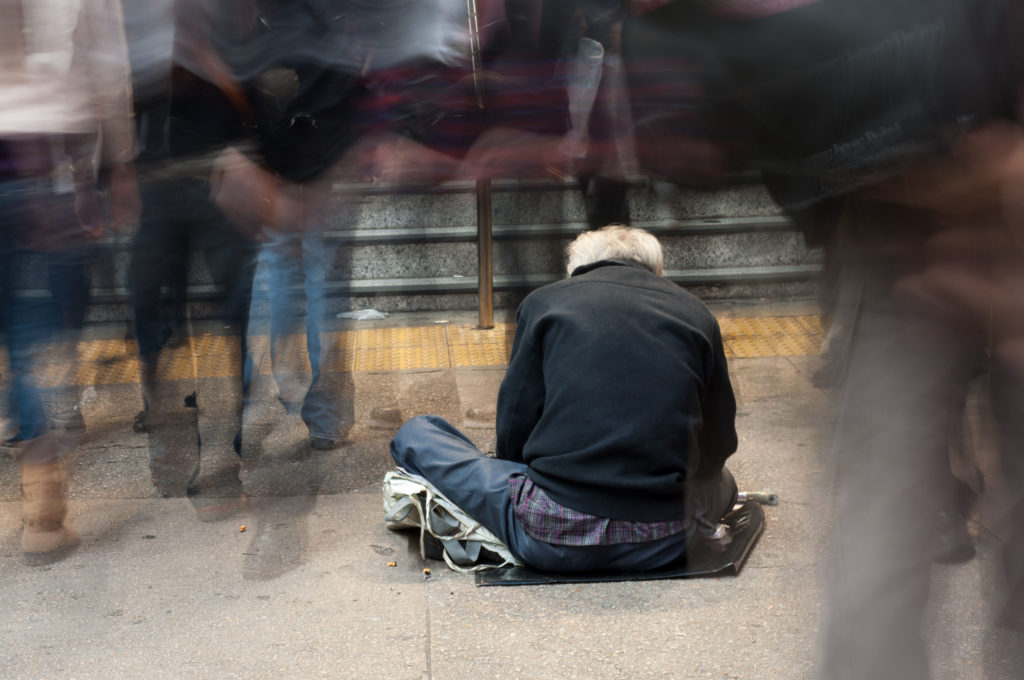By Arkady Petrov
RIO DE JANEIRO, BRAZIL – Income disparity among Brazilians reached the highest level ever recorded in the first quarter of 2019.

According to a study by the Brazilian Institute of Economics of the Getulio Vargas Foundation (FGV/IBRE), the index measuring inequality has been rising continually since 2015, and reached its peak in March, its highest level since the beginning of the index record-keeping in 2012.
The Gini index monitors income inequality on a scale of 0 to 1 – and the closer to 1, the higher the difference. Brazil’s stood at 0.627 in March.
The research also shows that people who earn less have suffered more from the recession than those with higher incomes. Additionally, the poorest are taking longer to catch up in comparison to the richest.
Figures demonstrate this result using the variation in average income accumulated by the wealthiest 10 percent of the population and that of the poorest 40 percent:
- Before the recession, the richest had a five percent increase in accumulated income; the poorest had 10 percent.
- After the recession, the richest had a rise of 3.3 percent in accumulated income; the poorest experienced a drop of more than 20 percent.
- In seven years, the accumulated income of the richest increased by 8.5 percent; that of the poorest fell by 14 percent.
In a statement, FGV IBRE Applied Economy researcher Daniel Duque explained that the poorest suffer the most significant impacts from the recession due to the dynamics of the labor market itself in times of weak economy.
“Fewer companies are hiring and demanding work, while more people are looking for it. This dynamic reinforces the relative social position of each category. Those who have more experience and years of schooling end up doing better than those who don’t.”

